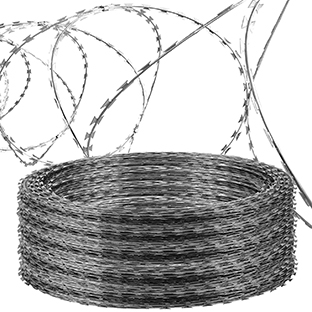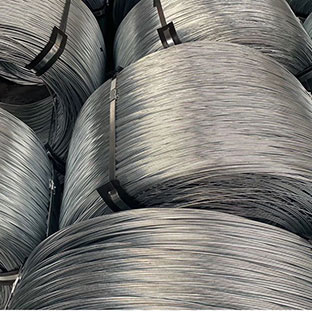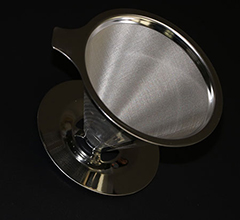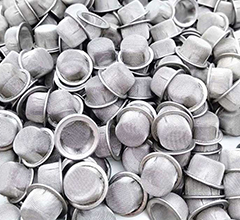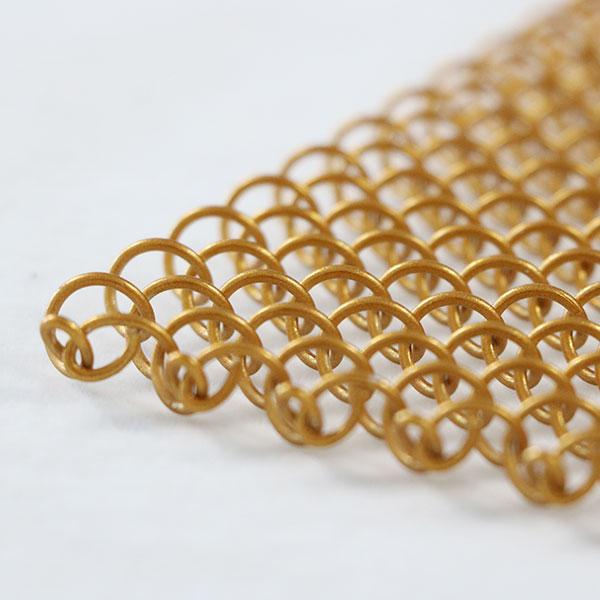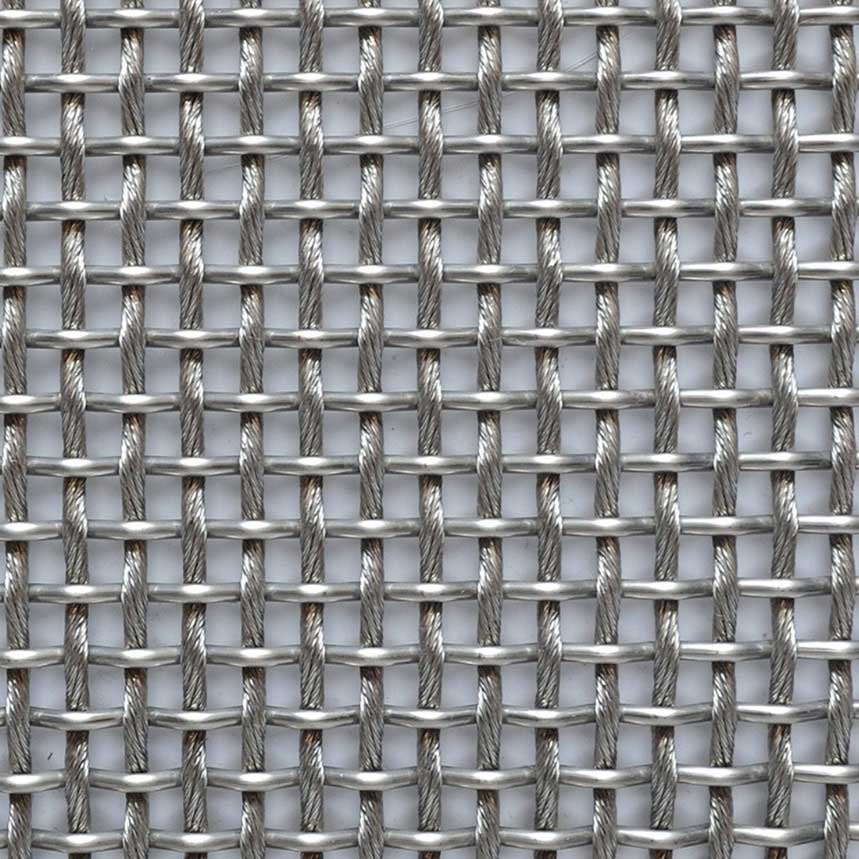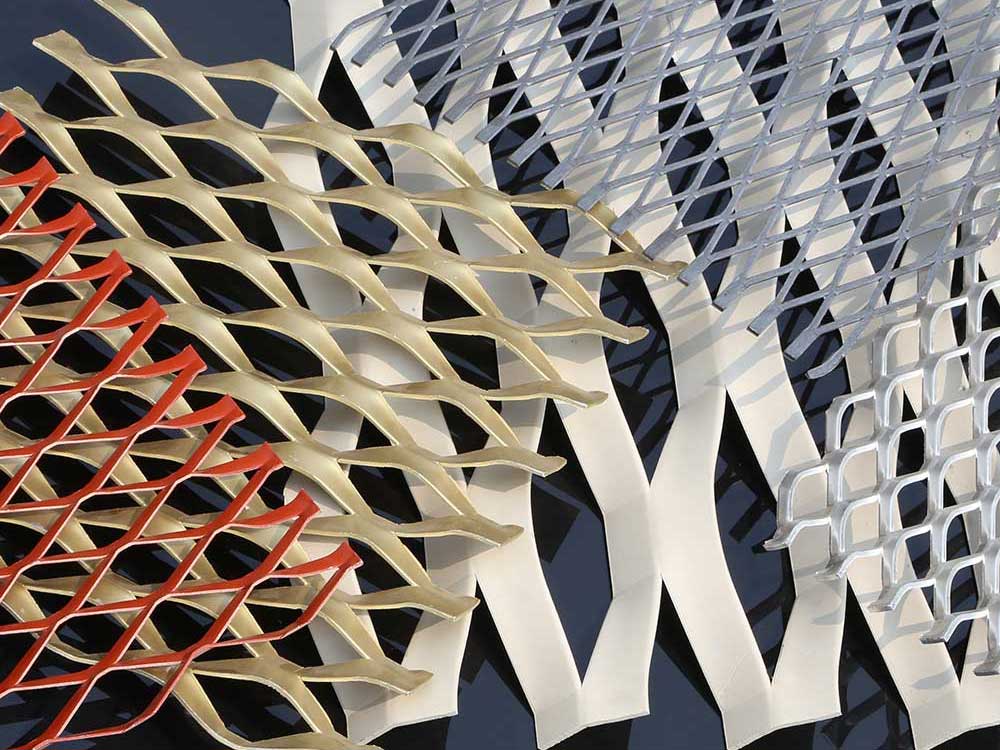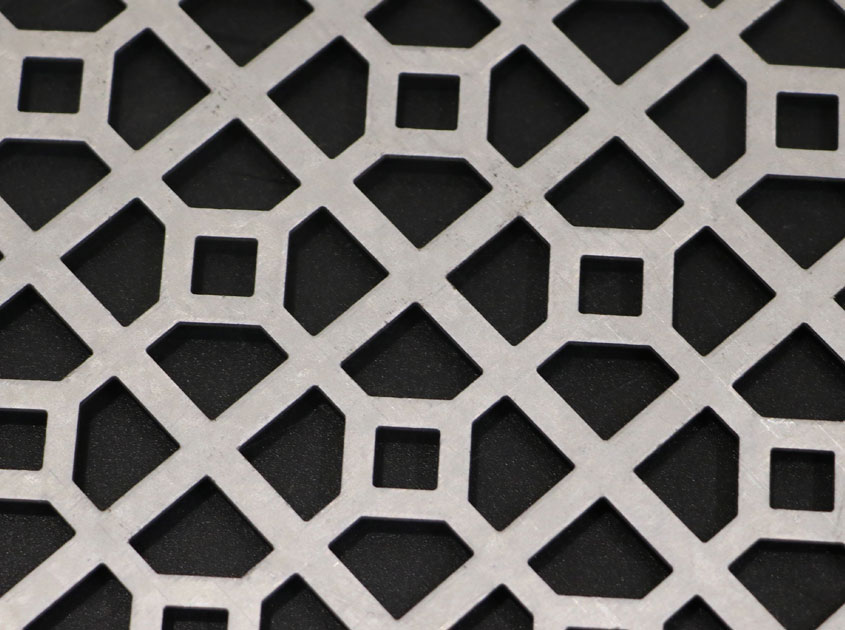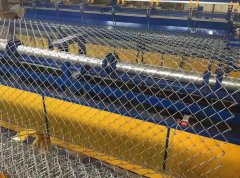Also known as architectural rope mesh or metal cloth, stainless steel rope mesh is a versatile and stylish material that has been used in architecture, interior design, and industrial settings. Fine wires can be woven or welded into a mesh pattern that can be customized for a variety of design needs.
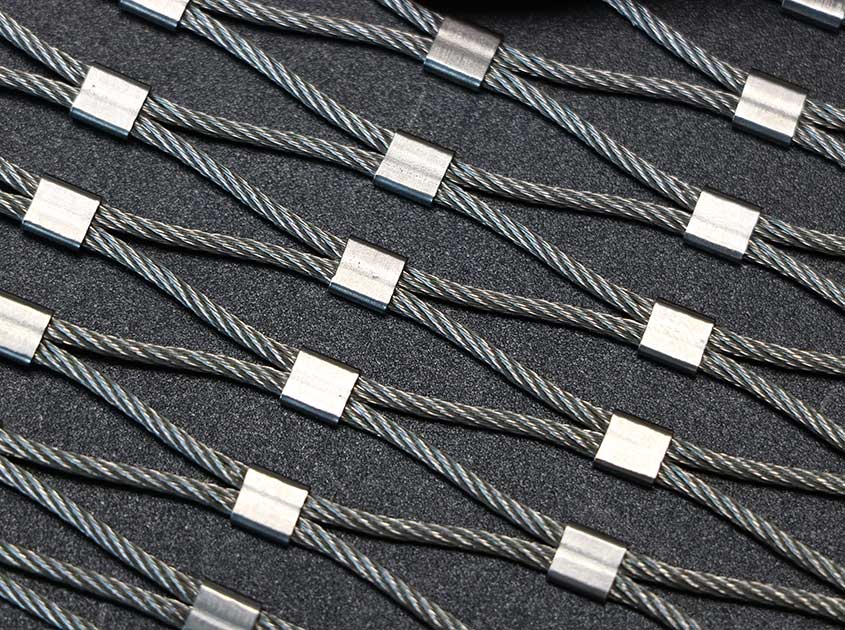
The use of stainless steel rope nets dates back to ancient times when metal wire was used in jewelry, clothing and household items. However, it was not until the 19th century that wire mesh began to be used in construction as a decorative and functional material. In the early 1900s, stainless steel rope mesh was widely used in Art Deco and Art Nouveau designs and became a popular material for interior design, especially room piders, curtains and furniture.
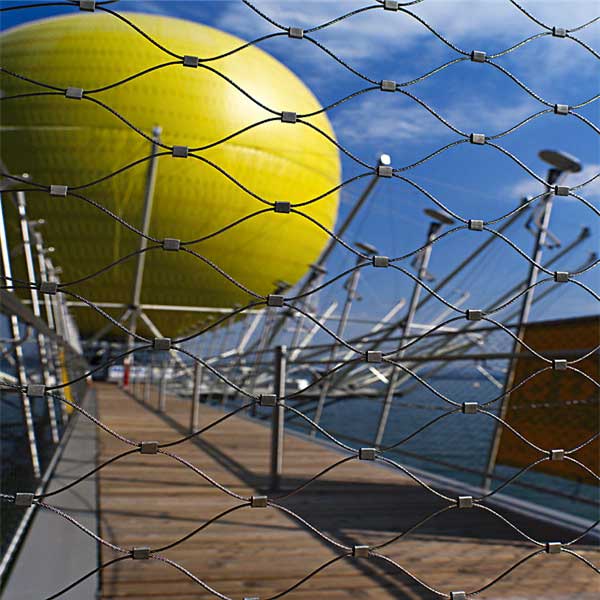
Today stainless steel rope mesh is widely used in architectural and interior design applications such as facades, awnings, ceilings, partitions, railings and claddings. It can be used for both aesthetic and functional purposes, adding a unique visual appeal to your space while providing ventilation, shade, privacy and security.
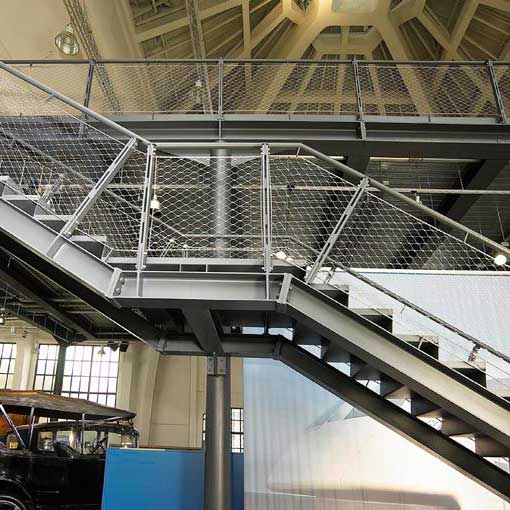
The versatility of stainless steel rope netting is due to the wide range of patterns, weaves, and materials available. Grid patterns range from simple to complex and can be customized to meet your specific design needs. Popular mesh patterns include plain weave, twill weave, Dutch weave, and curl weave. Each pattern has its own unique texture and visual appeal, and can be further customized by changing the wire diameter and spacing.
In addition to mesh patterns, stainless steel rope nets are available in a variety of materials including stainless steel, aluminum, brass, copper and bronze. Each material has unique properties such as strength, durability, corrosion resistance, and color. Due to its strength, durability, and corrosion resistance, stainless steel is the most commonly used material for decorative wire mesh. Aluminum is a popular choice due to its light weight and versatility, while brass, copper and bronze are often chosen for their warmth and elegant appearance.

Another advantage of stainless steel rope net is its sustainability. Many manufacturers use recycled materials in the production of wire mesh, making it an eco-friendly alternative to traditional building materials. Additionally, wire mesh can be easily recycled at the end of its useful life, reducing waste and saving resources.
As for installation, the stainless steel rope mesh is relatively easy to use. It can be cut, shaped and molded to any size or shape and can be attached using a variety of methods such as tension, clamps and frames. Some manufacturers also offer ready-made mesh panels that are easy to install with minimal tools and expertise.
Despite the many benefits, there are some considerations to keep in mind when using stainless steel rope nets, one being cost. Because stainless steel rope mesh can be more expensive than other building materials. However, long-term benefits like durability and low maintenance make it a cost-effective choice in the long run.Another consideration is that dust and debris can accumulate over time. , wire mesh cleaning and maintenance. Regular cleaning and maintenance will help keep your mesh looking and functioning.
In conclusion, stainless steel rope mesh is a versatile and stylish material that is widely used in architectural and interior design applications. Its versatility, sustainability and aesthetic appeal make it an attractive choice for designers and architects looking to add a unique touch to their projects. Available in a variety of patterns, materials and attachment methods, Stainless Steel Rope Mesh is a flexible and customizable material that can be adapted to suit any design need.


.jpg)




.png)






































